Table of Contents Show
✍️ AI is summarizing:
Camping alone offers a unique opportunity for introspection, self-discovery, and immersion in nature’s beauty. It allows individuals to escape the demands of everyday life, reconnect with themselves, and experience the serenity of the outdoors.
In this article, we will delve into the world of solo camping, providing insights, tips, and safety considerations for those embarking on their solo adventure. From choosing the perfect campsite to staying safe and enjoying the solitude, this guide will equip you with the knowledge needed to make the most of your solo camping experience.
Related post:
- Glamping in Vietnam: Luxury Camping Under the Vietnamese Sky
- Camping Tents: Types, Features, and Choosing the Perfect Option
- 10 Great Insights For Camping Cooking
Selecting the ideal campsite for solo camping

When camping alone, choosing the right campsite is crucial. Look for well-established campgrounds or designated areas that offer a balance between solitude and safety. Ensure the campsite has sufficient facilities, such as restrooms and potable water sources.
Research the location’s surroundings for your solo camping trip, including nearby trails, scenic viewpoints, or bodies of water, to enhance your experience. Consider factors like accessibility, proximity to emergency services, and the level of solitude you desire for your solo camping adventure. National parks, state parks, and wilderness areas often provide excellent options for solo campers seeking tranquility and natural beauty.
Stay safe while solo camping: Essential precautions

Safety should always be a priority when camping alone. Before your trip, inform a trusted friend or family member about your camping plans, including your expected dates of departure and return. Familiarize yourself with the area’s weather conditions, wildlife, and potential hazards. Pack a well-stocked first aid kit, carry a map and compass, and learn basic wilderness survival skills.
Ensure you have reliable communication devices, such as a fully charged cell phone or a satellite communicator, in case of emergencies. Observe fire safety protocols, practice Leave No Trace principles, and secure your food to minimize wildlife encounters. Trust your instincts and be mindful of your surroundings at all times.
Essential gear for solo camping

When it comes to solo camping, having the right gear is essential for comfort, safety, and self-sufficiency. Invest in a high-quality tent that suits your needs and preferences, providing adequate space and weather resistance.
Consider lightweight camping gear to ease the burden of carrying your equipment, especially since you’ll be managing everything yourself. Essential gear for solo camping includes a sleeping bag suitable for the expected temperatures, a reliable backpack, a headlamp for hands-free illumination, and a multi-tool for various tasks.
Additionally, bring a camping stove, cookware, and food storage options to ensure you have nourishing meals. Pack appropriate clothing layers, a waterproof jacket, sturdy footwear, and a hat to protect against the elements. Don’t forget to bring a water filter or purification tablets to ensure a safe drinking water supply.
Embracing the solitude and adventure of solo camping

One of the most rewarding aspects of solo camping is the opportunity for personal growth and self-reflection. Embrace the solitude and disconnect from digital distractions to fully immerse yourself in nature’s beauty. Take the time to appreciate the sights, sounds, and sensations of the wilderness.
Engage in activities such as hiking, wildlife observation, photography, or simply sitting by the campfire and stargazing. Use the quiet moments to reflect, journal, or engage in mindfulness practices. Solo camping also allows you to set your own pace and explore at your leisure. Step out of your comfort zone, challenge yourself, and cultivate a sense of self-reliance and empowerment.
Solo camping is a wonderful experience to immerse yourself in nature and enjoy the tranquility, but it also requires careful preparation. ExoTrails will be your powerful companion for your solo adventure!
The app not only helps you find ideal campsites with detailed information on location, amenities, safety levels, etc., but also provides offline maps and compass navigation, records your journey, and shares your location with loved ones, ensuring safety for your trip. With ExoTrails, you can confidently explore the wilderness, fully enjoy the feeling of freedom, and create memorable moments while solo camping.
Conclusion
Solo camping offers a transformative experience, allowing individuals to connect with nature, find solitude, and embark on personal adventures. By following these tips, you can make the most of your solo camping experience. From selecting the ideal campsite to prioritizing safety and embracing solitude, solo camping empowers you to embark on a journey of self-discovery and appreciation for the natural world.
So, pack your gear, embrace the serenity, and embark on an unforgettable adventure that will leave you with lasting memories and a deeper connection to nature. Follow our official Facebook page now to receive more interesting information.

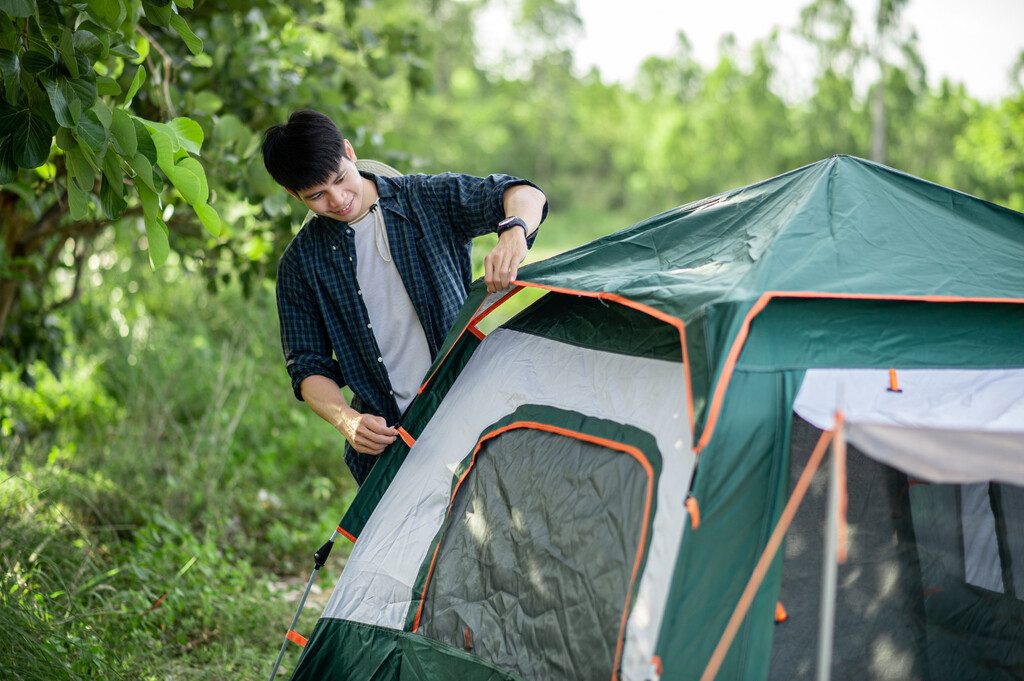

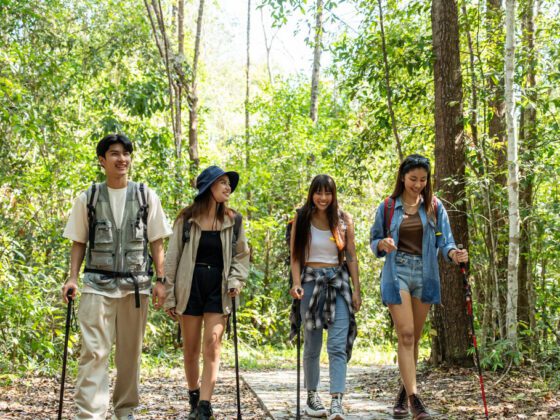
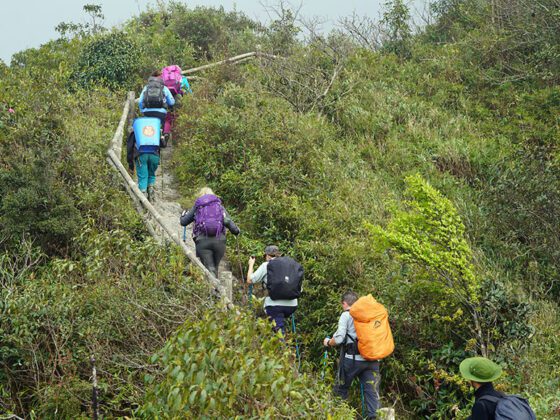
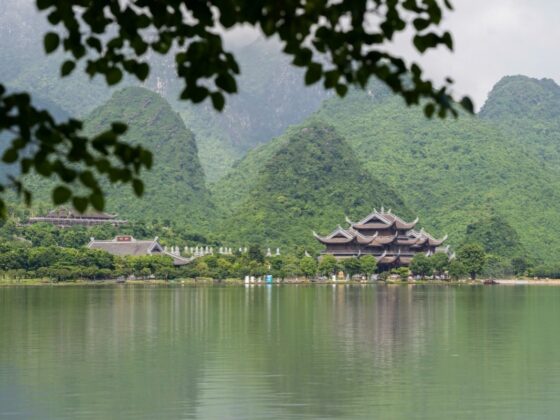
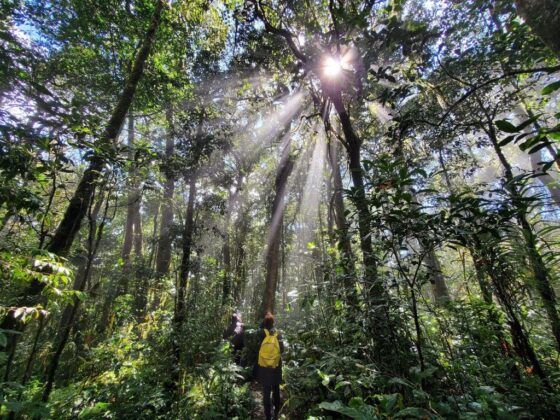
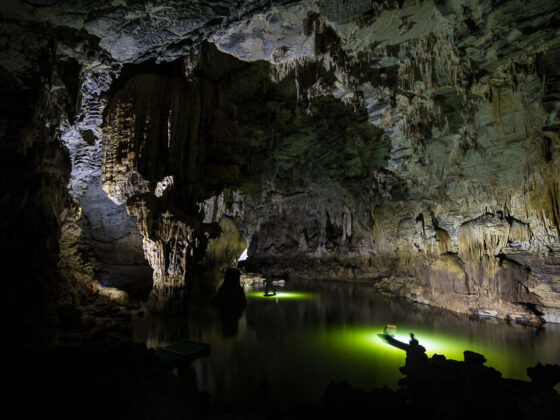
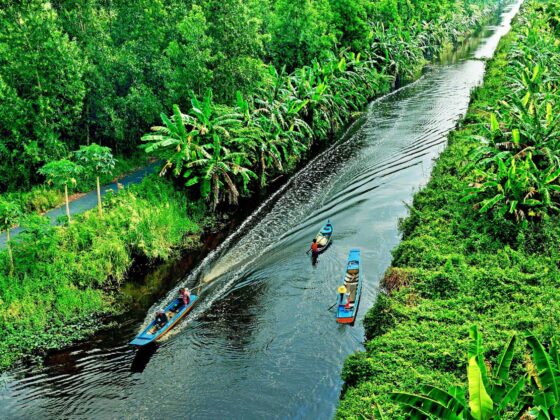
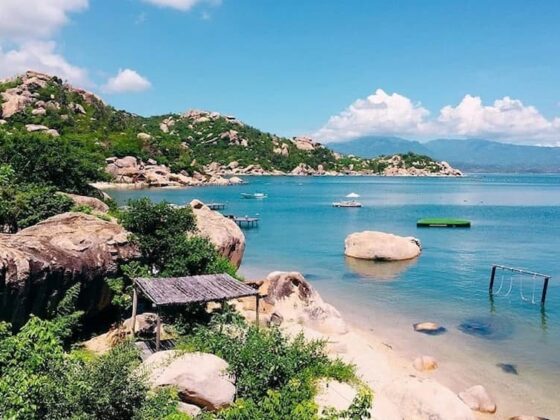
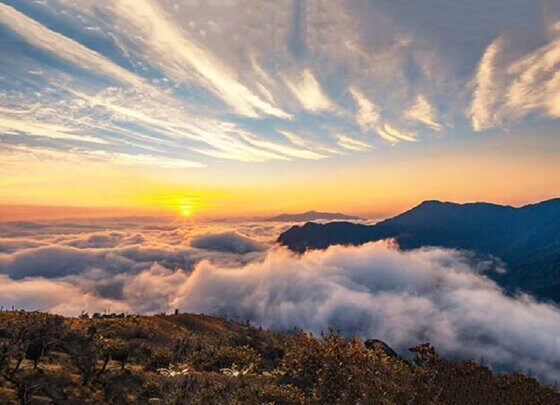

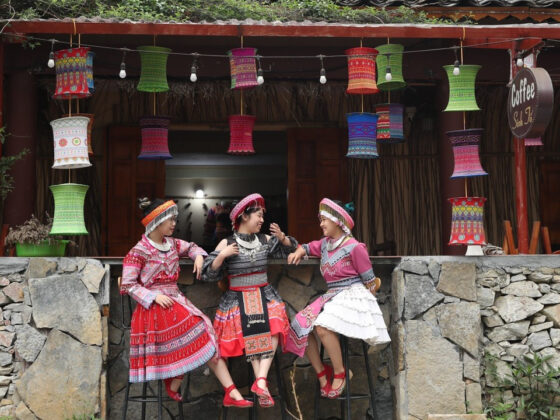
Your point of view caught my eye and was very interesting. Thanks. I have a question for you.
Can you be more specific about the content of your article? After reading it, I still have some doubts. Hope you can help me.
Thank you for your sharing. I am worried that I lack creative ideas. It is your article that makes me full of hope. Thank you. But, I have a question, can you help me?
I don’t think the title of your article matches the content lol. Just kidding, mainly because I had some doubts after reading the article.
Can you be more specific about the content of your article? After reading it, I still have some doubts. Hope you can help me.
Thanks for sharing. I read many of your blog posts, cool, your blog is very good.
Thanks for sharing. I read many of your blog posts, cool, your blog is very good.